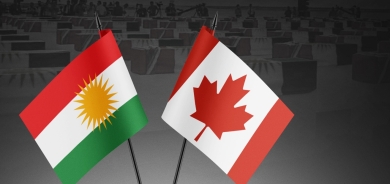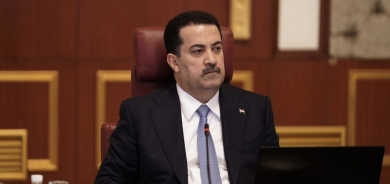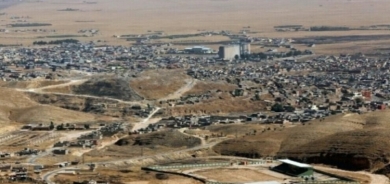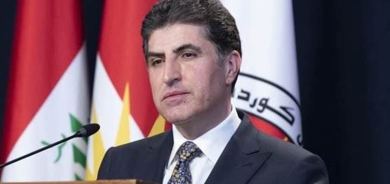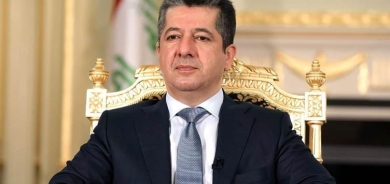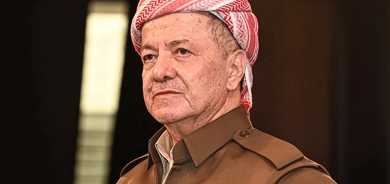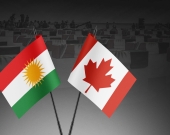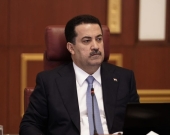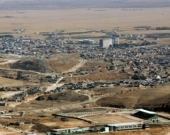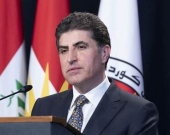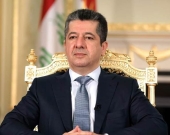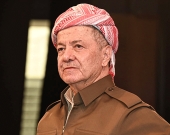Syria crisis: Iran cannot go to Geneva peace talks - US

American officials accused Iran of failing to back the aim of the talks, which is to set up a transitional government in war-torn Syria.
Iran, a key ally of the Syrian regime, said it would not accept any conditions put on its participation.
UN chief Ban Ki-moon said he was "dismayed" at the row and was reconsidering the UNs options.
The peace talks, due to be held in Switzerland, are being billed as the biggest diplomatic effort at resolving Syrias civil war.
More than 100,000 people have been killed and millions more displaced in the three-year war.
The Syrian regime and the main exiled opposition group, the National Coalition, were both due to send delegates to the talks.
But Mr Bans decision to invite Iran has thrown the UN-sponsored conference into doubt.
The National Coalition said it would pull out if the invitation to Iran was not rescinded.
Monzer Akbik, the National Coalitions chief of staff, told the BBCs Newshour programme that Irans inclusion was against the promises his group had received.
Americas UN envoy Samantha Power said Iran was not entitled to take part because it had not shown willing to "explicitly and publicly" back a transition process.
"That is a minimum requirement for participation in this peace process," she said.
However, the UN and Russia have long argued that Iran should come to the conference.
Mr Ban invited Iran to the UN-sponsored conference after he had received assurances that the Iranians would play a "positive role" in securing a transitional government.
However, Mr Bans spokesman said Irans subsequent public comments have been "disappointing".
The peace conference is due to open in Montreux on Wednesday, and then continue in Geneva two days later.
The path to the talks began in May last year when Russian Foreign Minister Sergei Lavrov and US Secretary of State John Kerry agreed to try to bring both sides together.
Later, the UN Security Council called for a conference to implement the Geneva communique - a deal on a transitional government agreed at a UN-backed meeting in 2012.
However, the National Coalition appears resolute that any transitional government will not involve President Bashar al-Assad.
For his part, Mr Assad said on Monday that the possibility of the National Coalition obtaining any ministerial positions in a new government was "totally unrealistic".
In an interview with AFP news agency, Mr Assad also indicated he was not going to quit as president and that he was likely to run for a third term.
BBC

